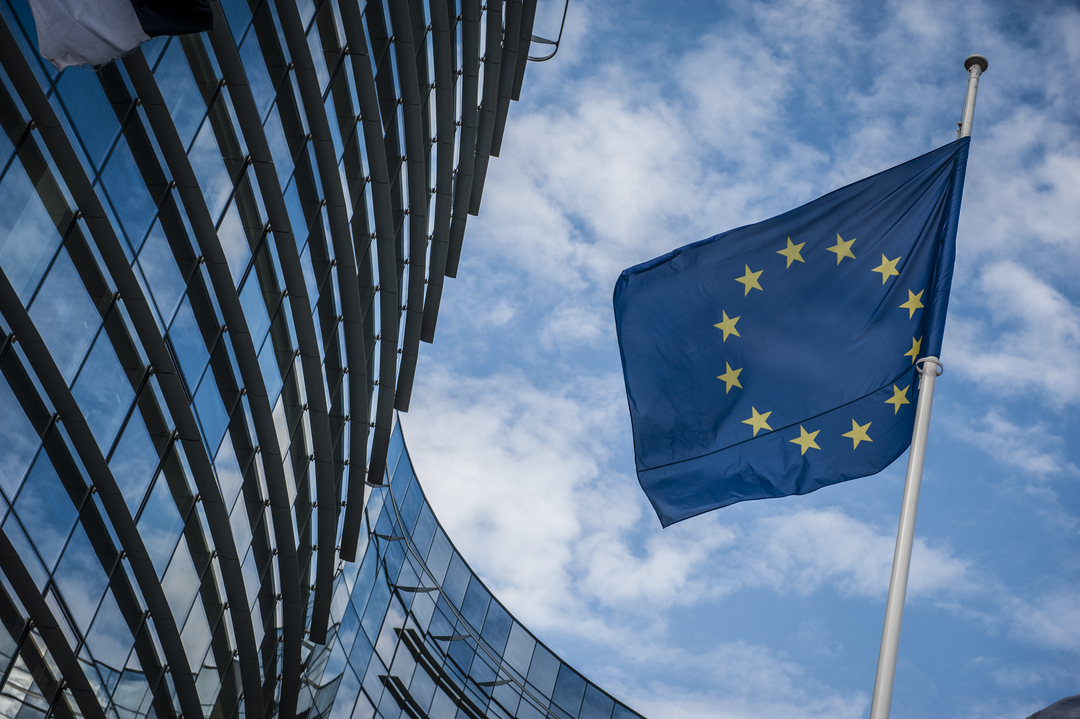
EU regulators are taking aim at up to 20 big tech companies, including Apple, as part of a "hit list" that seeks to curb their market influence, reports The Financial Times.

The plans reportedly involve the demand that larger tech companies face tougher regulations than smaller competitors, data sharing with rivals, and increased transparency on data gathering. The move is part of a wider effort by EU lawmakers to increase competition in the technology industry.
The list is to be determined based on market share, competition, and number of users, meaning that Apple, Facebook, Google, and Amazon are all likely to be implicated.
Under the plans, big tech companies could quickly be forced to change their business practices without the need for an investigation or the breaking of any law. In extreme circumstances, big tech companies could be broken up if they are found to be discouraging rivals.
The news comes as the Korea Herald reports that a leading global economic watchdog, the Organization for Economic Cooperation and Development, has proposed an overhaul of international tax rule aimed at big tech companies which could raise an extra $100 billion worldwide. The global tax framework overhaul is to be presented to 20 finance ministers from around the world this week and could be implemented as soon as next year.
Earlier this month, it was reported that the EU was planning to implement wide-ranging legal measures to compel major tech companies to share data with competitors and give no preference to their own apps and services as part of its new Digital Services Act. The legislation is expected to be publicized in full by the end of this year to prevent further long-lasting antitrust cases.
Note: Due to the political or social nature of the discussion regarding this topic, the discussion thread is located in our Political News forum. All forum members and site visitors are welcome to read and follow the thread, but posting is limited to forum members with at least 100 posts.
Article Link: Apple Reportedly on EU 'Hit List' of Big Tech Companies Targeted for Regulation

